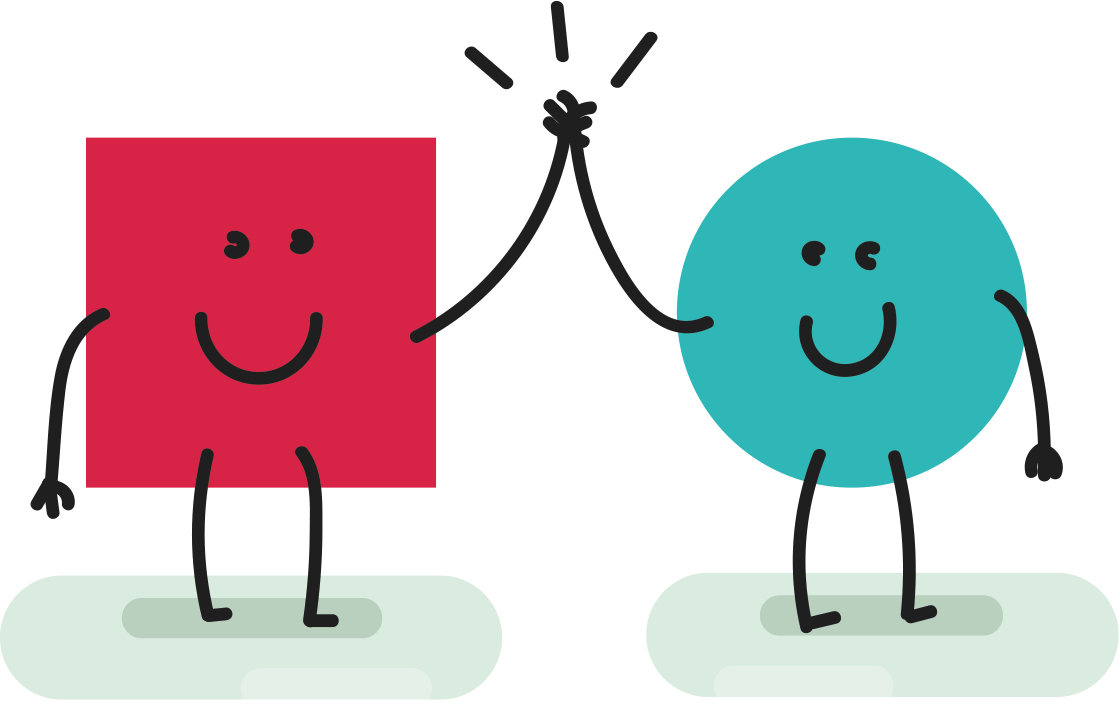Looked after status
Our specialist team assess and address the needs of children and young people with looked after status. Our services for children and young people with looked after status take place in homes, education and community settings.
What is looked after status?
Looked after status is when a child or young person, either temporarily or permanently, does not or cannot live with their birth parent(s) and are cared for by a family member, foster carer, in a children’s home or living in a residential unit. Children and young people with looked after status are the responsibility of their local authority. Looked after status can occur through a court order or a voluntary arrangement.
Early life experiences and the disruption of living situations can have a significant impact on an individual's mental, social and emotional wellbeing.
The definition of a looked after child is based on the Children Act 1989:
A child is looked after by a local authority if he or she has been provided with accommodation, for a continuous period of more than 24 hours, in the circumstances set out in Sections 20 and 21 of the Children Act 1989, or is placed in the care of a local authority by virtue of an order made under part IV of the Act (that is, under a care order).
Children and young people with looked after status often experience a range of needs. Needs related to looked after status can display as:
- Delayed development
- Language difficulties
- Learning difficulties
- Meltdowns
- Being anxious
- Aggression
- Difficult to comfort
- Distrust
- Separation distress
- Becoming easily stressed or emotional
- Poor social skills and relationships
- Low self-esteem
- Difficulty with friendships
- Being distant
- Being overly ‘clingy’
A child or young person with looked after status can have an extensive range of needs which can be addressed once they have been identified.
How are needs in children and young people with looked after status assessed?
As children and young people with looked after status can have a broad range of needs there are many ways they could be assessed. Our assessments are holistic to incorporate all areas of an individual’s life, including their background. Creating a bespoke assessment helps our team to provide the most appropriate assessments to accurately identify a child or young person’s needs. Our bespoke assessments may include:
Psychometric assessments
Psychometric assessments include questions, games, puzzles and activities. HSR Psychology tends to use psychometric assessments to look at a child or young person’s abilities within a specific area, for example, processing speed, memory, understanding, literacy or numeracy. We also use psychometric testing for areas of mental health, such as; resiliency, anxiety and anger.
Clinical interviews
A clinical interview includes a member of the HSR team speaking with the adults close to the child or young person to gather additional information.
Play-based assessments
Play-based assessments are useful when working with a child or young person who has difficulties working with new adults, or finds the unknown worrying. Assessing the child through play means that the child is providing information about their previous or current situation and their thoughts without needing to say exactly what they mean.
Observations
Observations can be used to identify possible difficulties within a child or young person’s day to day life. Observations are very useful when assessing a child or young person’s interactions with others or response to a specific situation.
Gathering a personal history prior to the assessment helps our team to know how best to assess an individual’s needs. Before starting any assessment, we carry out an initial discussion.
Our process
At HSR Psychology we ensure that we meet the needs of children and young people. To achieve this we ensure that any specific assessments, intervention, or direct work, is only carried out following an initial discussion.
An initial discussion allows us to understand the background and your expectations of our involvement. Having an initial discussion ensures any services we provide appropriately identify or address needs.
Our process for any specific assessments, intervention, or direct work is as follows:
Step 1: Contact us
We will usually be contacted by the child or young person, parent or carer, or another professional (eg education or health).
You can contact us or complete a referral
Step 2: Arrange an initial discussion
An initial discussion allows us to understand the background and your expectations of our involvement. Arrange an initial discussion
Step 3: Review our recommendations
Following an initial discussion we will send you an email that includes:
- Next steps recommendations - to provide a bespoke package of support. For example:
- Assessments
- Reports
- Information gathering
- Meeting
- Interventions
- Consultancy
- Reviews
- Costing - we will provide costings for any services recommended.
Step 4: Let's get started
On receipt of the next steps recommendations and costing you can decide how to proceed. Once you have decided contact us to arrange the chosen services.
What happens after an assessment?
Once the assessment is complete, you will receive a report and have verbal feedback to share the information. The information from an assessment can be written up into a report to be shared with other adults working with the child or young person. Reports can include specific recommendations for intervention and strategies.
What interventions do we offer for children and young people with looked after status?
HSR Psychology can provide a range of various interventions to support young people and children with looked after status, including:
The above interventions have been selected as an example of some of the interventions we provide, there are many more which may be suitable for a child or young person with looked after status. You can read more about each of our interventions, including educational interventions.
Children and young people with looked after status can have a broad range of needs for various reasons which is why HSR Psychology takes a holistic approach to all assessments and interventions. Early identification of needs and early intervention can make a huge difference to children and young people. To book an initial discussion for a child or young person with looked after status please contact us to discuss it with a member of our team.


















